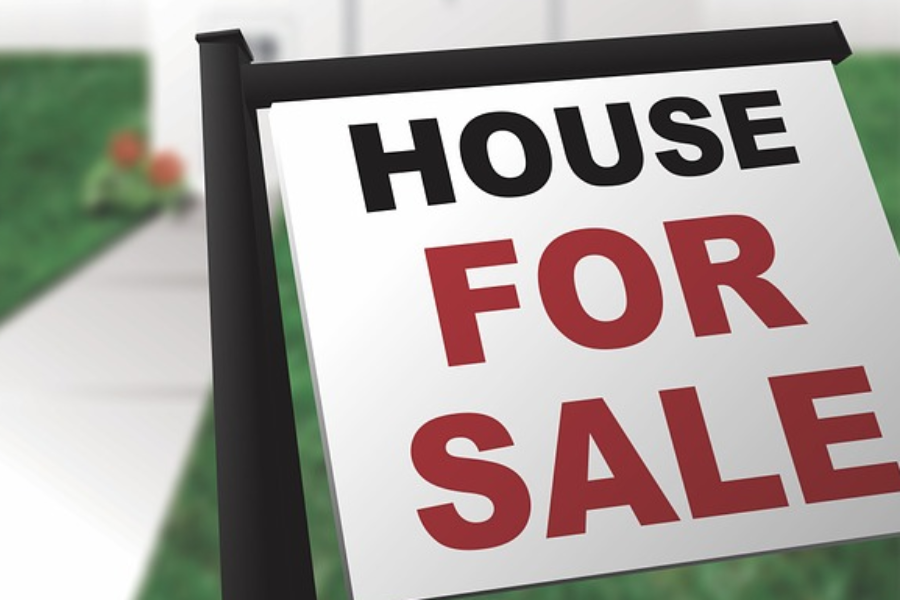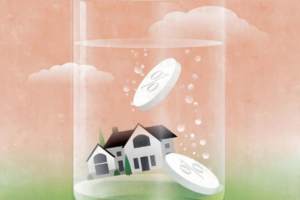Looking over Santa Barbara towards the Pacific and Channel Islands
- Buying a Replacement Home before selling your house: It’s far better to sell your current home first than endure the inconvenience of moving to an interim rental, and owning and paying for two homes when you only want one.
- Statistics show time and again that homes that are priced properly when first brought to market sell at higher prices, oftentimes with better terms and conditions, and in a shorter time frame. “Testing the marketplace” with an inflated over-market value asking price is not the best strategy.
- Failing to get a “Termite” or other indicated reports before listing a home for sale: Sellers who know the condition of their home before they sell are in a better position to negotiate a firm sale because they can disclose existing reports on the property to buyers before they make an offer.
- Putting a home on the market before it’s spruced up: Buyers and real estate agents remember what they see. Their first impressions are the lasting ones.
- Refusing to reduce the listing price that is too high for the market: It’s hard to be objective about the value of your home. Overpriced listings often take a long time to sell. They often sell for less than they would have if they were priced right, to begin with. It’s natural to want to get the most money possible. If you find that you’re priced too high for the market reduce your price sooner than later. The longer it sits on the market unsold, the lower the ultimate selling price is likely to be.
- Refusing to counter a low offer. The price buyers offer is not the most important part of their offer – if they’re willing to negotiate. Sellers want to sell high: buyers like to buy low.
- Insisting on being present when the home is shown to prospective buyers. Buyers are reluctant to say anything negative in the seller’s presence. It’s best to leave your home when it’s being shown.
- Listing with a contingency to find a replacement home. It’s like saying your home might be for sale. Otherwise, buyers could wait in vain for unrealistic sellers to find an acceptable replacement home. List your home with a provision that you may need to remain in possession and rent back the property for a period of time after closing.
- Setting up a complicated showing procedure that discourages showings. The easier it is to show a home, the more often it will be shown. There’s a direct correlation that the more showings the home receives the less time it takes to sell.
- Refusing to do anything to get your house ready to sell. When you sell a car it’s wise to have it detailed to look its shiny best to get the highest price. The same concept applies to houses. Buyers pay a premium for homes that are in move-in condition.





